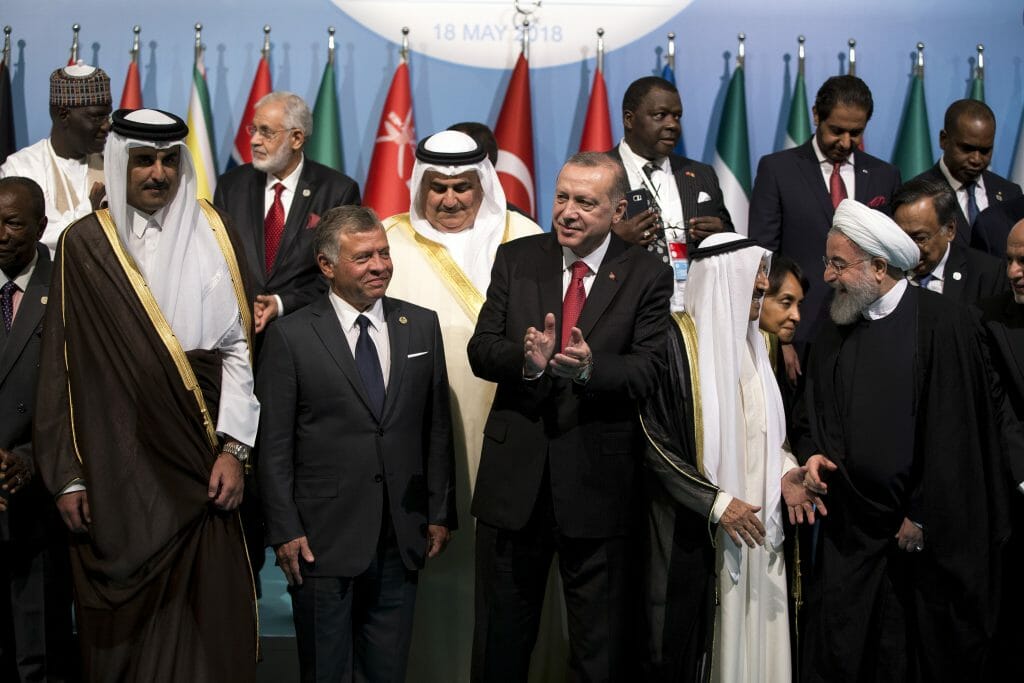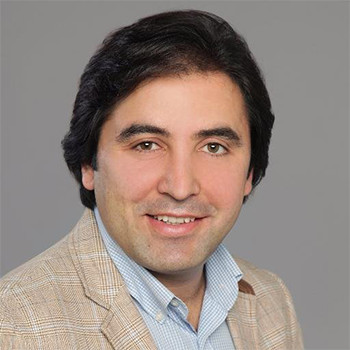
- 04 Sep 2018
[Political Economy] From Arab uprisings to the Syrian imbroglio: What has changed in Turkey’s Middle East Policy?
(This event was organised by MEI’s Political Economy Research Cluster, as part of its quarterly public talks series.)
Abstract
Arab uprisings have dramatically altered the regional geopolitics. Likewise, the same uprisings has had immense impact on Turkey’s foreign policy. It led Turkey to rethink about its place in world politics, regional role and geopolitical identity. Turkey saw these uprisings as being harbinger of a new regional order – in the construction of which Turkey thought that it will play a leading role. At this stage, Turkey adopted a region-wide vision and discourse. It has exponentially expanded the scope and geography of its foreign policy activism in the region.
Yet, four main events have led Turkey to revisit its foreign-policy assumptions from the Arab Spring-era: First was the morphing of the Syrian uprising into a full-blown civil war in 2012 and early 2013. Next was the coup in Egypt in July 2013. Both these events showed that the waves of change breaking on the Arab world could be reversed. Third, the rise of the Islamic State (ISIS) from 2013–14 onward in Syria and Iraq led the international community to prioritize ‘security’, ‘stability’ and ‘war on terror’ in the region rather than support and nurture newly emerging democratic transitions. In addition, ISIS’ rise has further polarized the Arab world along sectarian lines and delegitimized even mainstream Islamist movements, which in turn decreased Western support for the Arab uprisings in general and Syrian opposition groups in particular. Finally, ISIS has led to Kurdish movements in both Syria and Iraq expanding the territory under their control after gaining international sympathy, legitimacy, and military aid.
These factors coupled with several domestic developments have led Turkey to recalibrate its Arab Spring era regional policy. Derailment of the Arab Spring coupled with the break-down of Turkey’s once hopeful Kurdish peace process, which culminated in the beginning of a new bloody period between Turkey and PKK in 2015. This period also coincided with waves of the ISIS attacks, which went from being sporadic to systematic, in Turkey. On the top of them, Turkey experienced a bloody coup attempt in 2016. All these developments have heightened Turkey’s national security concerns. In addition, the nature of regional geopolitical contention has also changed in this period. Middle East’s traditional fault-lines alongs Saudi – Iranian rivalry or Israel – Iran enmity have once again resurfaced. In response, Turkey has reordered its foreign policy priorities towards Middle East. Disillusioned with the US’ lack of determination in toppling Assad regime and its partnership with the PYD in Syria, Turkey engaged with Russia and Iran to address its concerns. No longer regime change in Damascus was a policy priority for Turkey. Instead, in this new era, Turkey has downsized its foreign policy ambitions and activism. It focused on rolling back the PYD-led Syrian Kurdish gains and ensuring border security vis a vis the ISIS attacks and presence. Turkey’s engagement with Russia has opened the way for Turkey to return to the Syrian scene militarily to attain its these goals. Despite the difference of visions between Turkey, Russia and Iran, this engagement has worked up until now. Yet, this trilateral cooperation is facing a stress test with the regime’s looming attack on Idlib. The scale and nature of this attack will bear significant impact on Turkish – Russian and Turkish – Iranian relations. Moreover, this attack will also have consequences on the future of Turkey’s presence in Syria. Therefore, the looming Idlib attack has the potential to become another watershed moment in Turkey’s evolving Middle East policy.
About the Speakers

Research Director,
Al Sharq Forum (Istanbul)
Galip Dalay works as a research director at Al Sharq Forum, senior associate fellow at Al Jazeera Center for Studies, and non-resident fellow at Brookings Institution, Doha Center. His research interests include Turkish Politics, Turkish Foreign Policy, Regional Kurdish politics, Regionalism, Regional Order and Political Regimes in Middle East, Political Islam, and Radical Movements. He previously worked as a visiting fellow at the German Institute for International and Security Affairs (SWP) in Berlin, guest scholar at Institute for Human Science (IWM) in Vienna, and as a political researcher at SETA Foundation in Ankara. He is a regular contributor to German Marshall Fund’s On Turkey policy brief series.
Dalay completed his undergraduate studies at Istanbul University, his MSc at the London School of Economics and Political Science and his Doctorate in International Relations at the Middle East Technical University in Ankara.
His pieces have appeared on Foreign Affairs, Al Jazeera, Open Democracy, Middle East Eye, Huffington Post, The World Politics Review, and Fair Observer.
Event Details
Block B, 29 Heng Mui Keng Terrace
Singapore 119620




